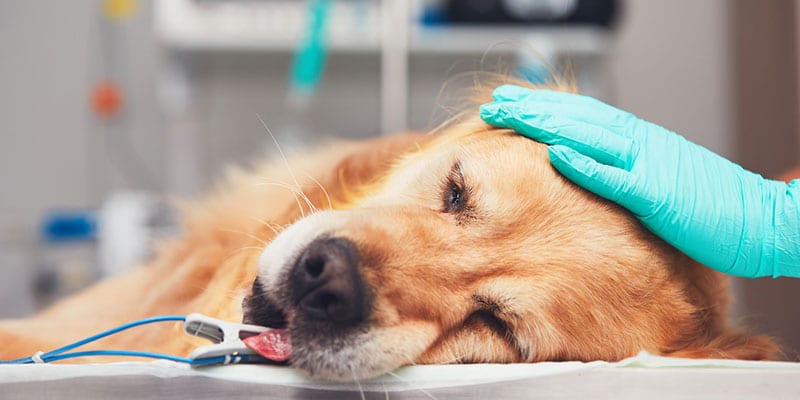As you can guess from our name, we at Georgian Anesthesia and Medical Corp. specialize in providing anesthesia and other medical supplies. What’s not obvious from our name is that we focus primarily on veterinary anesthesia and medicine. One of the questions we get frequently is how veterinary anesthesia differs from the kind in human medicine, so in this article, we at Georgian Anesthesia and Medical Corp. will provide a brief overview that will hopefully satisfy your curiosity.
Prior to the advent of anesthesia, surgery for both humans and animals was a painful affair that often required the patient to be restrained. The first experiments with veterinary anesthesia were conducted in the early 1800s, first using nitrous oxide to induce unconsciousness in small animals like guinea pigs, then progressing to using both nitrous oxide and carbon dioxide to facilitate painless surgery for dogs, and later to larger animals like horses. Over the years, new anesthetic drugs were introduced for both humans and animals, as well as new methods of delivery, such as intravenous anesthesia and endotracheal intubation.
Today, veterinary anesthesia is recognized as a specialty within the broader scope of veterinary medicine, but in many cases, the veterinarian acts as both anesthesiologist and surgeon. Another difference between human and veterinary anesthesia is that the latter is often administered with an eye to increasing safety for the veterinary personnel, especially those caring for large animals that may otherwise lash out in pain. Finally, while veterinary anesthesia uses many of the same drugs used in the human kind, it also uses two drugs of note that are not used for human patients: butorphanol, which is commonly used for birds, and buprenorphine, which is used primarily for its pain-relieving effects rather than its ability to combat opioid dependence.
If you have further questions about veterinary anesthesia, you can always reach out to our team at Georgian Anesthesia and Medical Corp.

